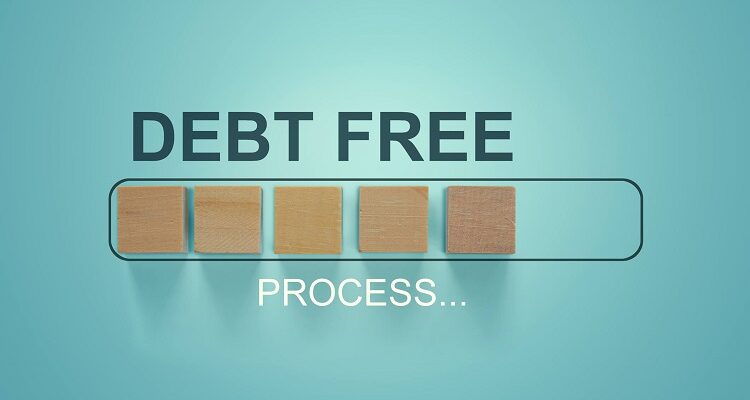Embarking on a debt-free journey can be both empowering and challenging. With the right strategies from a Carlsbad CPA and a positive mindset, you can effectively create and stick to a debt repayment plan that works for you.
Here’s a comprehensive guide to help you manage your debt, achieve financial freedom, and maintain your financial health.
Table of Contents
1. Assess Your Debt Situation
Evaluating your existing financial status is the first step towards developing a debt repayment strategy. Make an effort to compile a list of all of your bills, including any unpaid credit card amounts, personal loans, school loans, and other obligations. Keep track of each debt’s total amount owed, interest rates, required minimum payments, and due dates. This will help you select which bills to pay off first and provide you with a clear picture of your financial status.
2. Create a Realistic Budget
Having a well-organized budget is crucial to handling your money and setting aside money for debt repayment. The first thing you should do is figure out how much money you make each month from all sources, including freelancing, your salary, and any other sources. List all of your fixed costs next, including rent, utilities, groceries, and car maintenance. Next, group and monitor your variable costs, such as entertainment, eating out, and extravagance purchases. You can find areas where you can make savings and put those dollars toward your debt repayment plan by analyzing your spending patterns.
3. Prioritize Your Debts
Once you have a clear picture of your debts and budget, it’s time to prioritize which debts to pay off first. There are two popular strategies for prioritizing debt repayment: the debt snowball method and the debt avalanche method.
- Debt Snowball Method: Make minimum payments on all other bills and concentrate on paying off the smallest obligation first. Proceed to the next smallest debt, and so on, after the smallest debt has been settled. This approach can increase motivation and yield rapid results.
- Debt Avalanche Method: Focus on paying off the debt with the highest interest rate first while making minimum payments on all other debts. Once the highest-interest debt is paid off, move on to the next highest-interest debt, and so on. This method saves money on interest payments over time.
4. Set Clear Financial Goals
Setting clear financial goals is crucial for staying motivated and focused on your debt repayment journey. You should determine what you want to achieve, whether it’s becoming debt-free within a specific timeframe, paying off a particular debt, or improving your credit score. Break down your goals into short-term (within a year), medium-term (1-3 years), and long-term (3+ years) objectives. In fact, having specific, measurable, achievable, relevant, and time-bound (SMART) goals will help you stay on track and monitor your progress.
5. Automate Your Payments
Automating your debt payments can help ensure consistency and prevent missed payments. Try to set up automatic transfers from your checking account to your creditors, covering at least the minimum payment for each debt. If possible, schedule additional payments toward your prioritized debt. Remember, automation reduces the risk of late fees, improves your credit score, and keeps your debt repayment plan on track.
6. Reduce Unnecessary Expenses
Reducing non-essential spending will greatly help you in repaying your debt. Examine your spending patterns and note any places where you may cut back. This could include cutting back on eating out, terminating subscriptions that aren’t being used, or looking for more affordable substitutes for particular goods and services. Put the money you save by making these reductions toward your debt payback strategy.
7. Increase Your Income
A further useful tactic for quickening your debt repayment process is raising your income. You might think about working a second job, doing freelance work, or making money off of a pastime or talent. You can also search for other ways to generate passive income, including renting out a spare room or buying dividend-paying investments. Recall that you can apply any additional income straight toward debt repayment, which will enable you to meet your financial objectives more quickly.
8. Stay Motivated and Committed
Staying motivated and committed to your debt repayment plan is crucial for long-term success. Try to regularly remind yourself of your financial goals and the benefits of becoming debt-free. It is also essential to surround yourself with supportive friends and family who encourage your efforts and help you stay focused. To gain success while remaining debt free, get instructions from experts at the Cookie Bot.
Conclusion
Creating and sticking to a debt repayment plan requires discipline, consistency, and a clear strategy. Start your debt-free journey today and take control of your financial future!


Comments